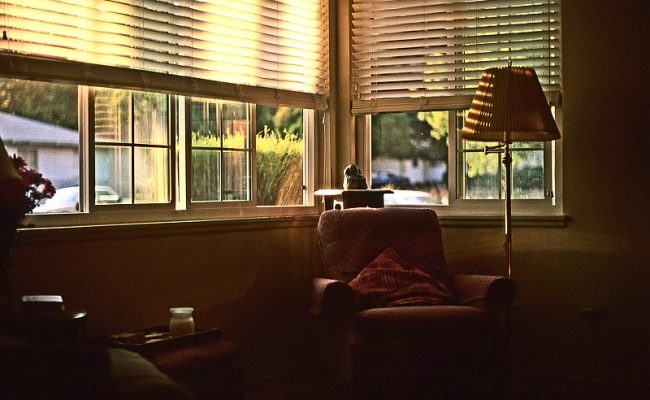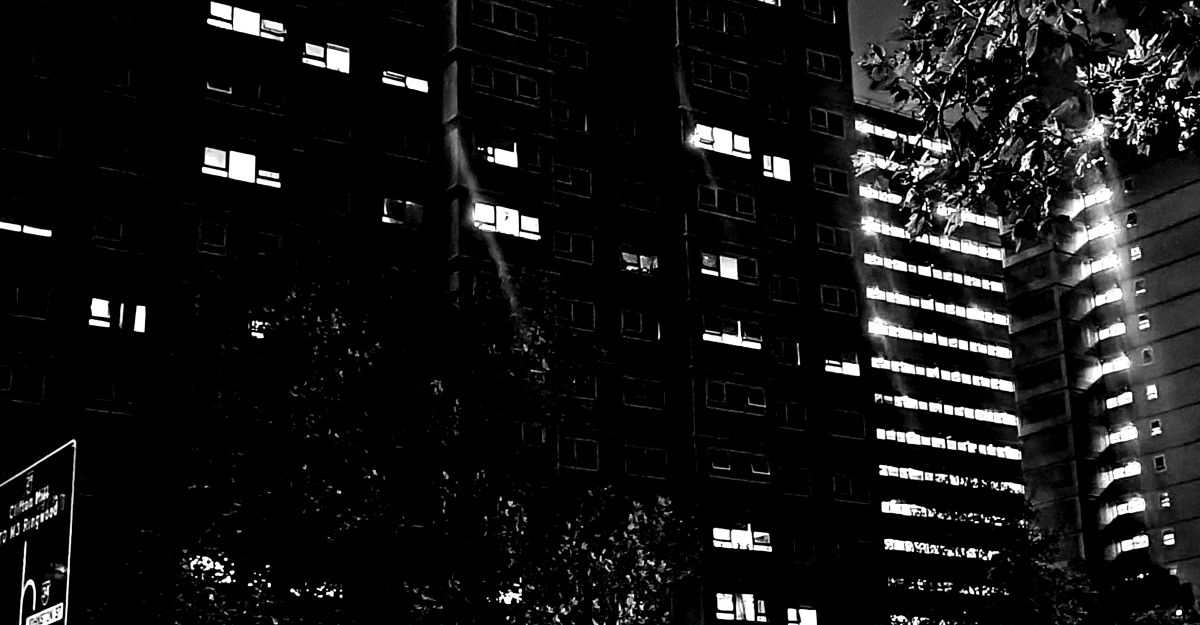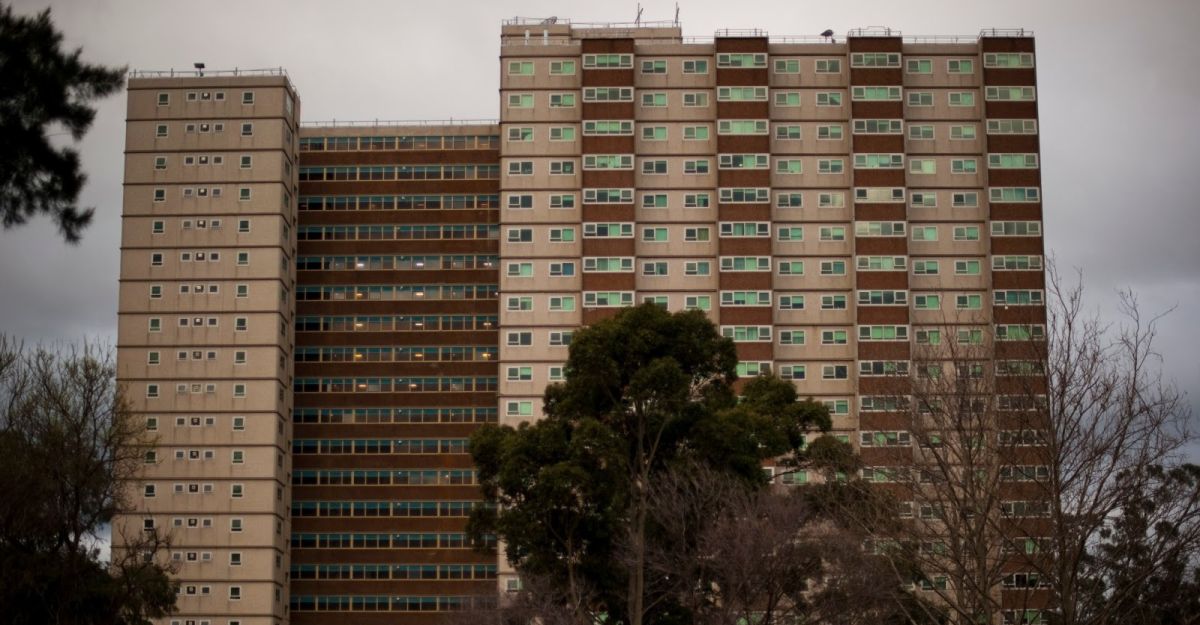A close relative turned sixty recently and, among the gifts she received, her real estate very kindly decided to inspect her flat.
There was a lot to inspect. After recent floods, there may or may not have been structural damage and terrible mould. There’s also no outside light over the precipitous stairs she takes up and down to the carport. Until recently, her oven door periodically detached itself from the ancient electric stove the wealthy owner was simply too absent-minded to replace. Coming round for dinner, we’d marvel at her ability to produce meals without injury or fire. We’d also ask, in the incredulous tones of urban thirty-somethings making decent wages, why she didn’t complain to her landlord—a question to which there is a long and short answer.
The long answer is a sympathetic story about her landlords, their kindness, but also their forgetfulness. The short answer is simply that she was—and is—afraid. To ask for repairs—even repairs as urgent as an oven door—is to risk inconveniencing an owner who is, in the twisted logic of our current regime of property, doing her a favour. Her flat, on the margins of a fashionable town I won’t name on the NSW Mid-North Coast, would make far more on the short rentals market than it does providing her shelter.
At sixty, my relative is one of so many women who, after doing the thankless work of raising children to service the economy, has been ignored or terrorised by it ever since. What her region (and others like it) used to offer, via the invasion and expropriation of the lands and waters of the Gumbaynggirr people and their subsequent marginalisation and attempted extermination, was something like respite—a green retreat built on cheap rent, modest welfare provision, and the community of care and culture such basic decencies allow. What’s happened since has been the near-total replacement of this community with the service industry, and the breaking up and selling off of the places and spaces that underpinned it: an increasingly ruthless commodification and optimisation of the wider region for private pleasure and private wealth.
From a commonwealth dream of pastoral felicity based on a supressed history of violent seizure, the region has, in a ramifying settler-colonial irony, begun to fall victim to the brutal regime of property it previously benefited from or was ignored by—its hobby farms, yurts, and cottages snapped up and transformed into so many Petit Trianons for the wealthy, with humbler, rentable versions for the merely aspirant. Hours south of Byron Bay, it is nonetheless on Byron’s trajectory, its progress accelerated by the pandemic and platform capital.
Ownership of its lush farmland (formerly lush rainforest) has likewise become increasingly concentrated, as bigger and bigger farming interests consolidate their grip on the parts of Australia that still have water and topsoil. At the top end, the money is serious. Named fortunes are involved—the sorts of people who have helicopters. Vast SUVs monopolise the region’s narrow roads, their weight and speed trashing road surfaces, rendering them impassable to smaller, cheaper vehicles. Baronial gates and fences are springing up, bristling with security cameras and signs declaring private property and penalties for trespass. Houses which might previously have accommodated large, extended families are now either rented out on Airbnb for profit, left vacant, or reserved for farm workers in an eerie resurrection of the forces that displaced so many of the region’s original settlers—crofters and tenants cleared from their lands become colonisers in their own right, foot soldiers for Empire naturalising their conquests with Gaelic names.
In a particularly desirable valley (named after a famous glen near Glasgow), local residents recently fought off a proposal to turn a grand house into an exclusive, fly-in-fly-out hotel complete with helipad, ‘couple services’, and household staff. The proposal, they argued, went quietly over the prospect of multiple helicopter flights a day—Marie Antoinette by airdrop. While grotesque, this represents not a rupture but an intensification—a demand of total ownership on a spectrum with my relative’s landlord, pondering how to make the most of their investment at the expense of my relative—her home, her health, her ability to live a tolerable life.
Laws and governance at all levels of government—local, state, federal—regardless of party, currently support and, indeed, incentivise the maintenance of property as an asset class over any notion of home or dwelling—a guaranteeing of landlord rights that liquidates all other claims. For all his conjuring of his dead mother to burnish his working-class credentials, the current PM seems at best reluctant to challenge, and at worst actively interested in maintaining and extending such rights. There is currently no cap on raising rents. No-grounds evictions make tenant rights a farce. It might happen to any of us who rent, at any time. There is, in this sense, no shelter.
The sense of insecurity generated by our precarious hold on shelter is, I suspect, what’s driving the current wave of gentrification sweeping the regions. These are places where we might imagine security, play at self-sufficiency, think green thoughts in green shades, and dream, above all, of property. As the pandemic continues, prices spike, wages flatline, and climate change spawns increasingly apocalyptic weather events, the urgency to own a place of safety—and to exclude others from it—only increases. The tree change is becoming entangled with doomsday prepping and forms of lifeboat politics—on a macro scale in the case of the concentration of arable land ownership, and on a micro scale in the enclosure and fortification of cottagecore escapes. In a classic double-down, those escaping the city are channelling and amplifying the forces driving them out to drive out others, destroying in the process of attempting to secure the lifestyle they hope to possess: a sense of community, a superabundance of unfenced land and nature, a social and geographical commons where we might meet through something other than a transaction.
In the recent floods, my relative woke in the small hours to find her neighbours—wealthy tradies from a distant regional centre who use the houses next to her flat as weekenders, and spend hours every weekend lustrating a growing collection of gleaming boats and vanity utes—had panicked in the face of the rising river and taken off without checking on her, or the older couple two doors down, or the single mother with two young children across the road. Trying to drive out in her old station wagon, she became stuck and had to wade to higher ground—in the pitch dark, through floodwaters up to her waist. When she confronted her neighbours later, they were embarrassed, but not particularly apologetic: ‘We just had to get out.’
Not long after that, as a result of the inspection they had scheduled on her birthday, my relative was informed by the real estate that her rent would be raised by twenty-five percent. ‘It would have been higher’, they assured her, ‘but you’ve been such a good tenant. We really could get more.’ When she called her landlords to plead her case, they were sympathetic, but said simply, perfectly: ‘We have to think of ourselves.’
Image: Flickr






